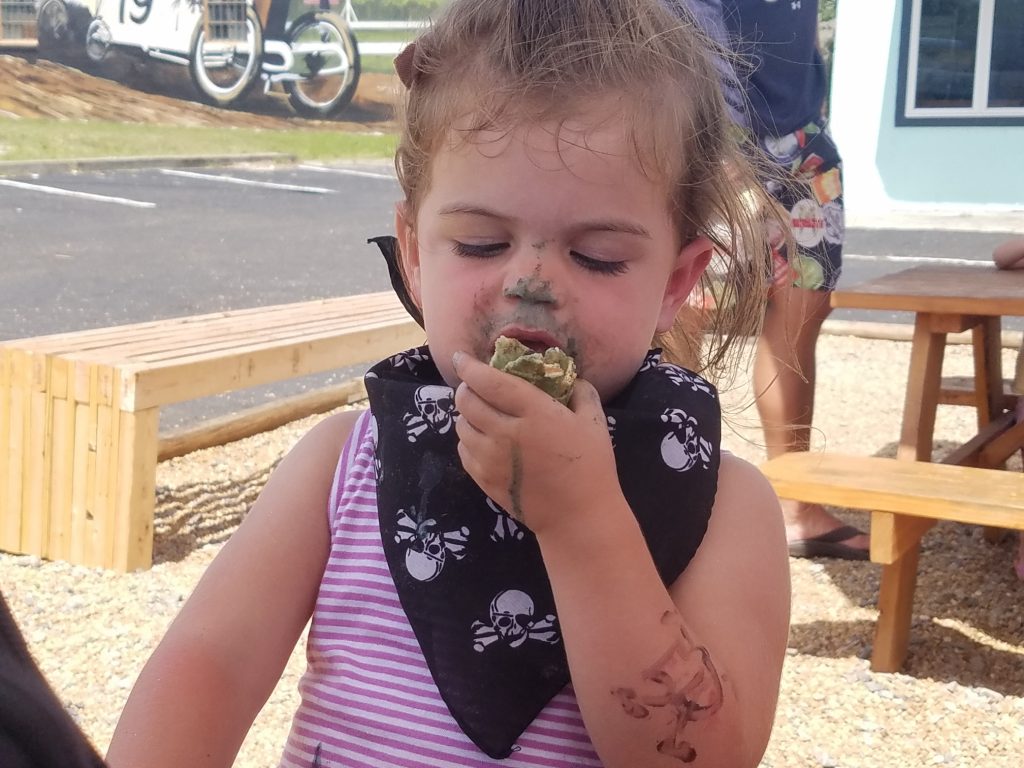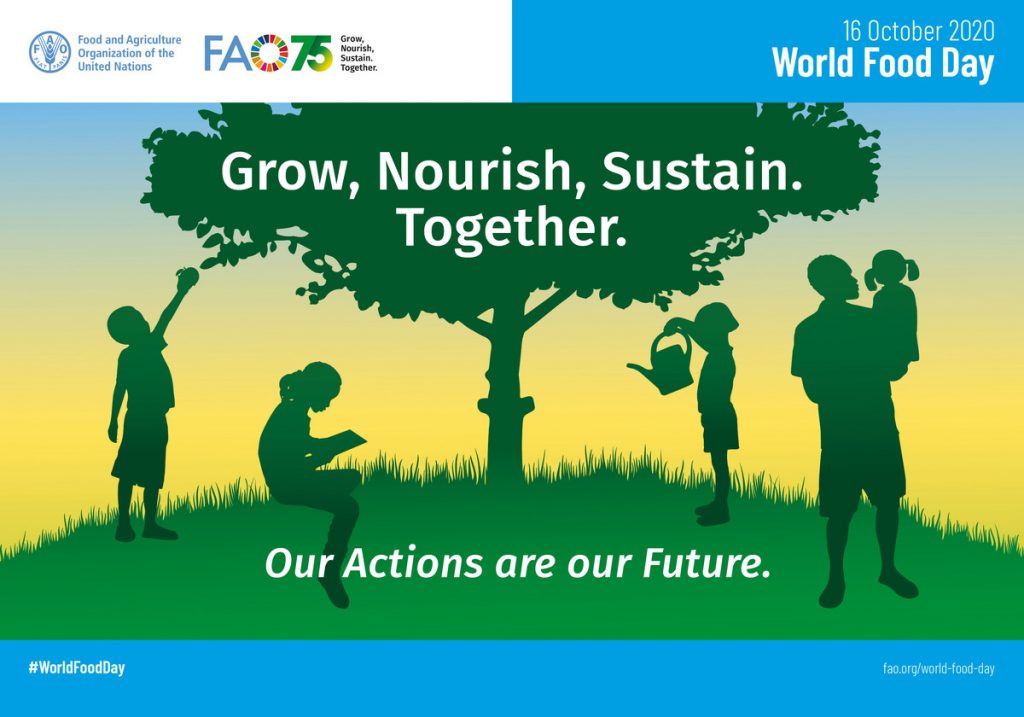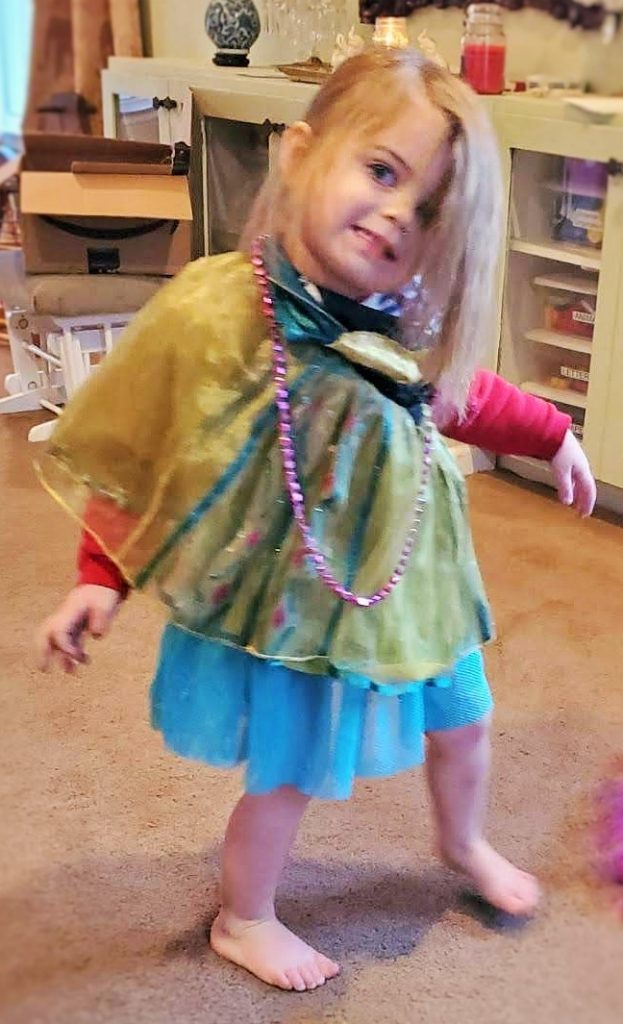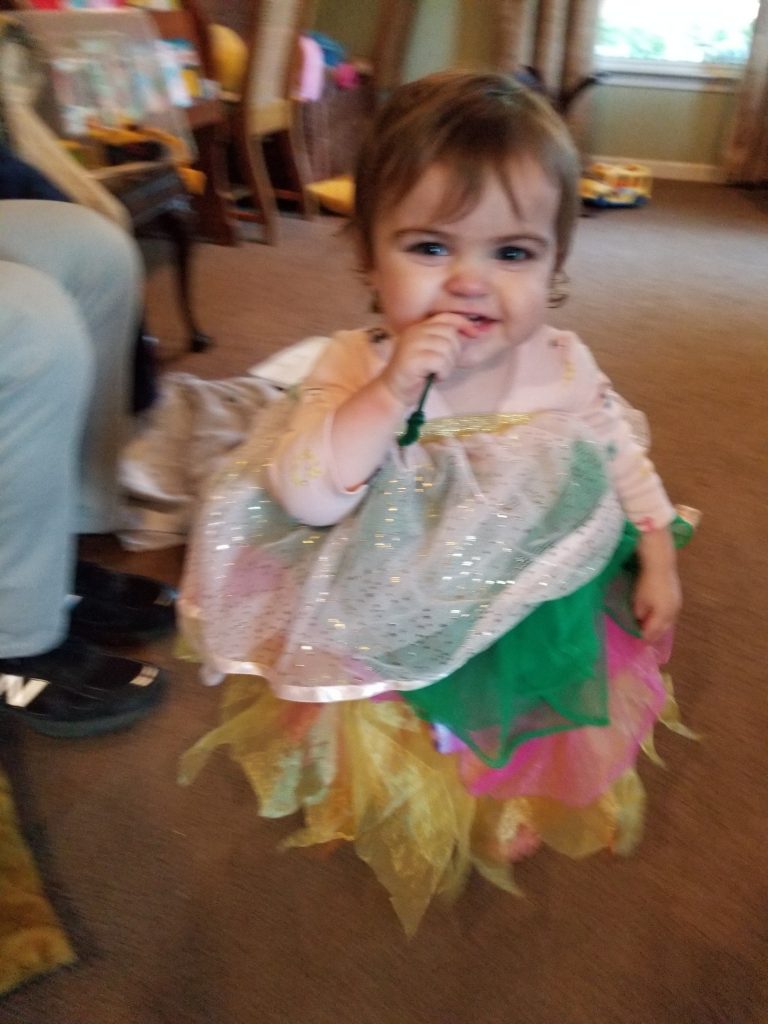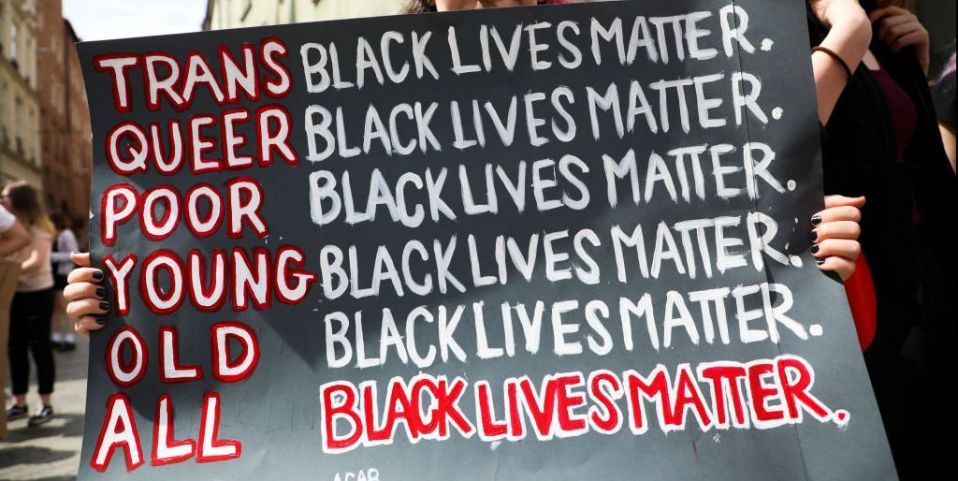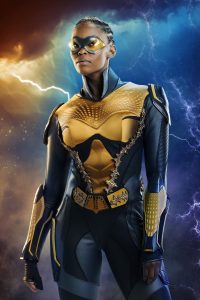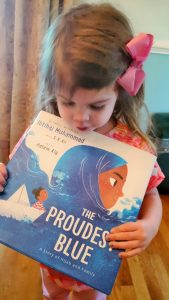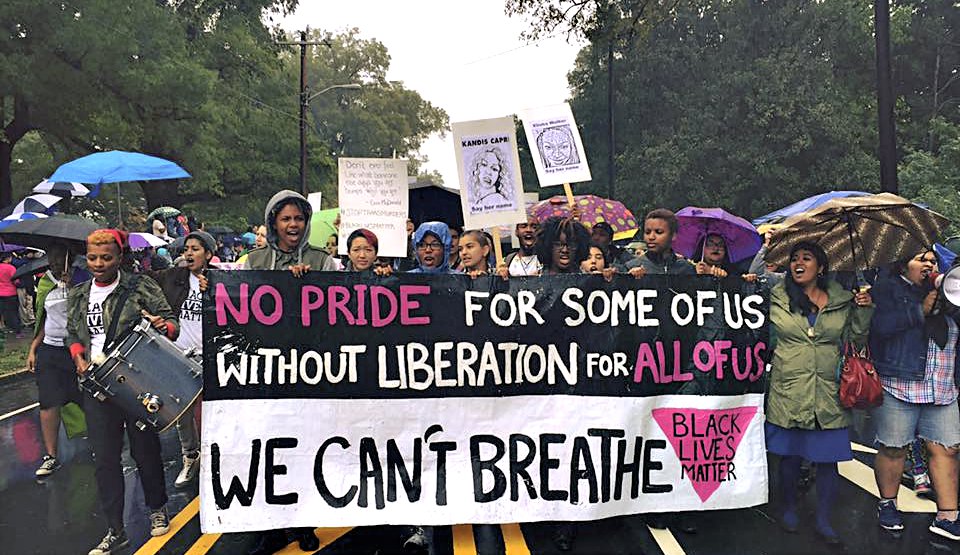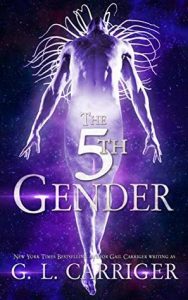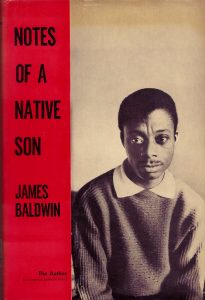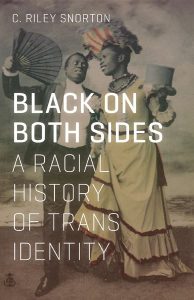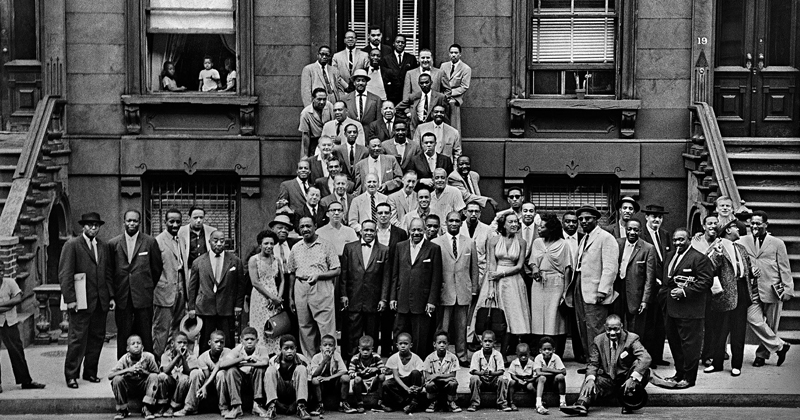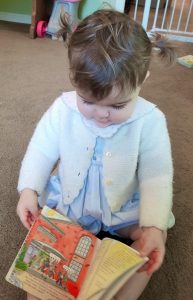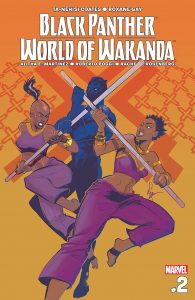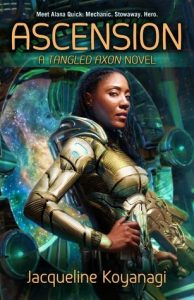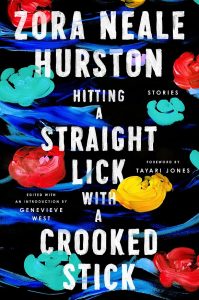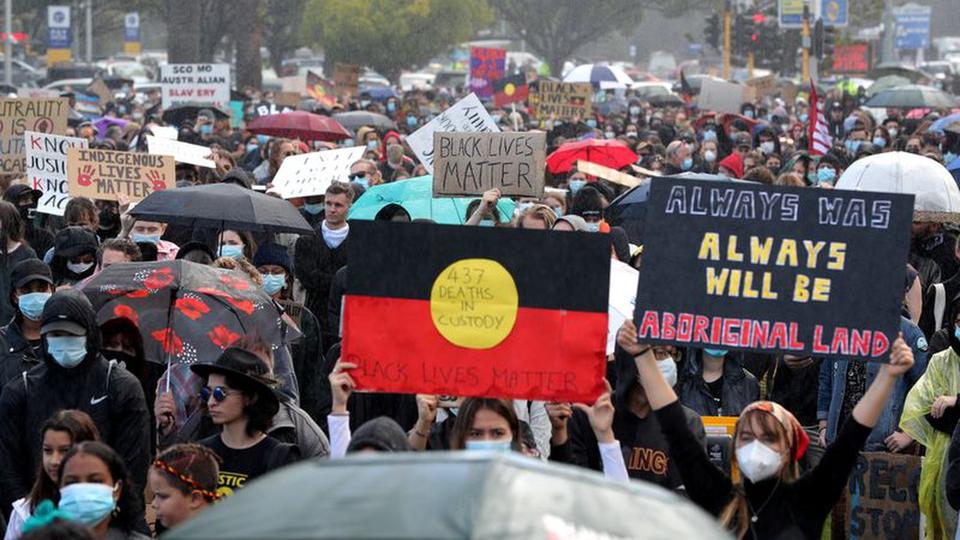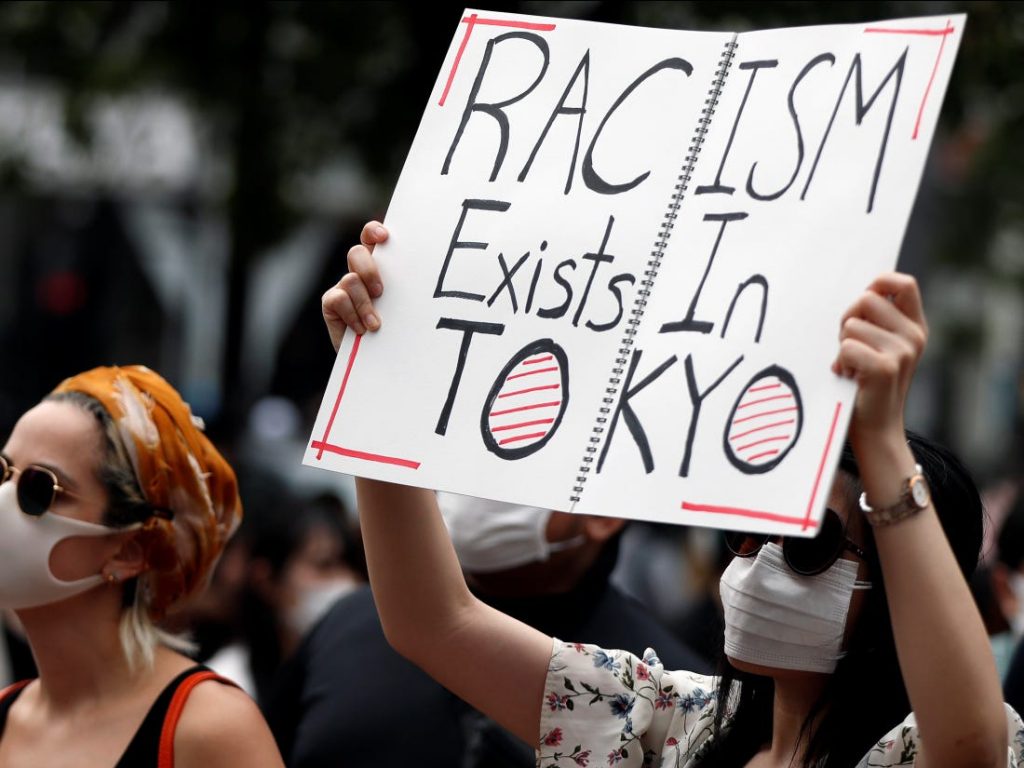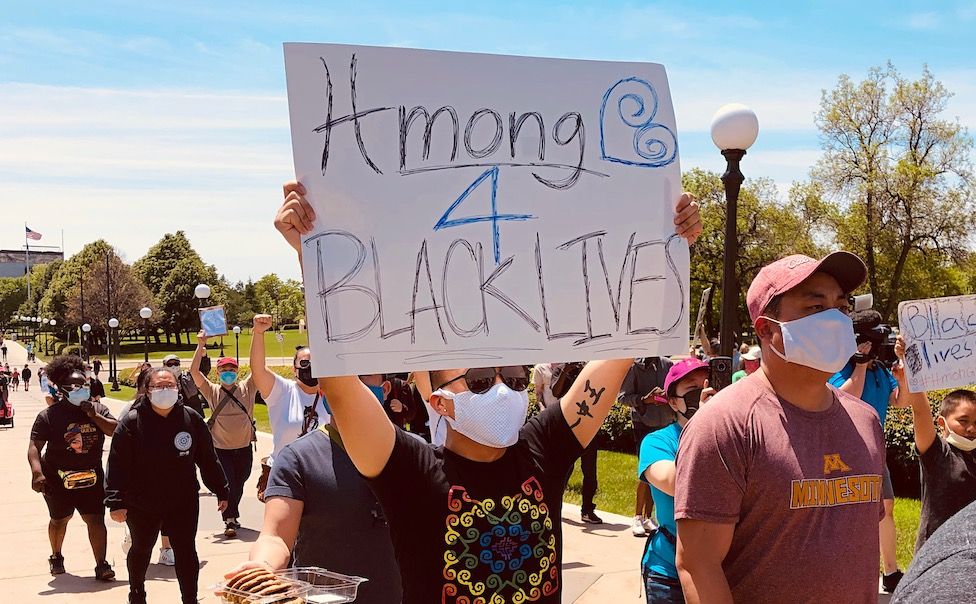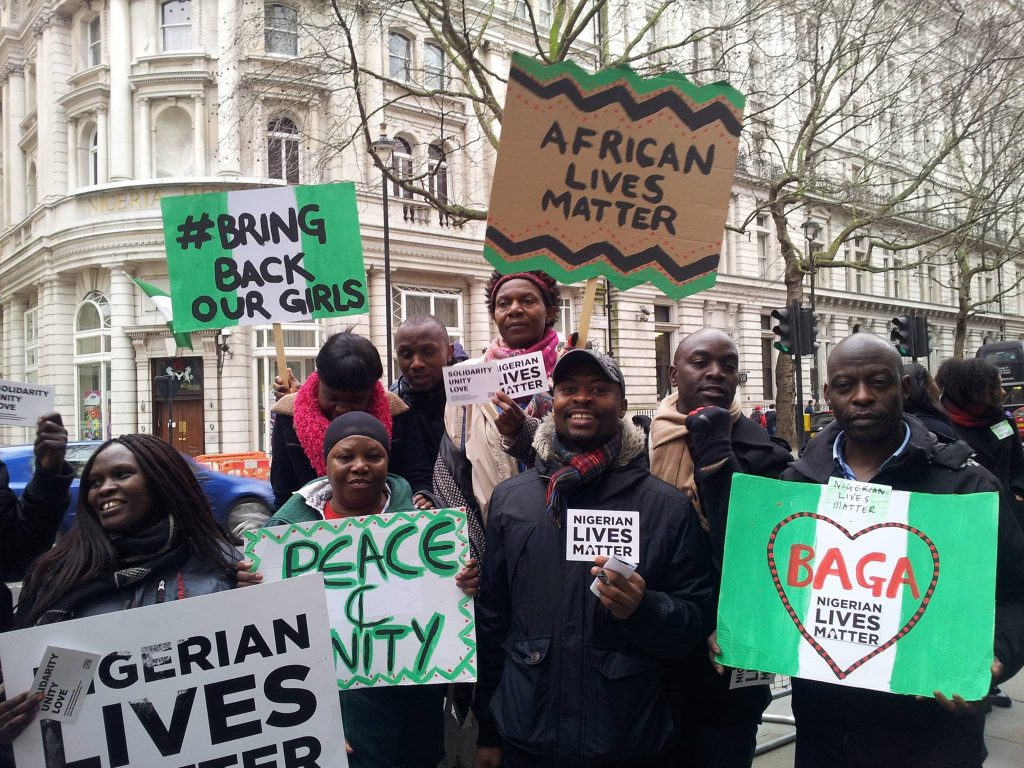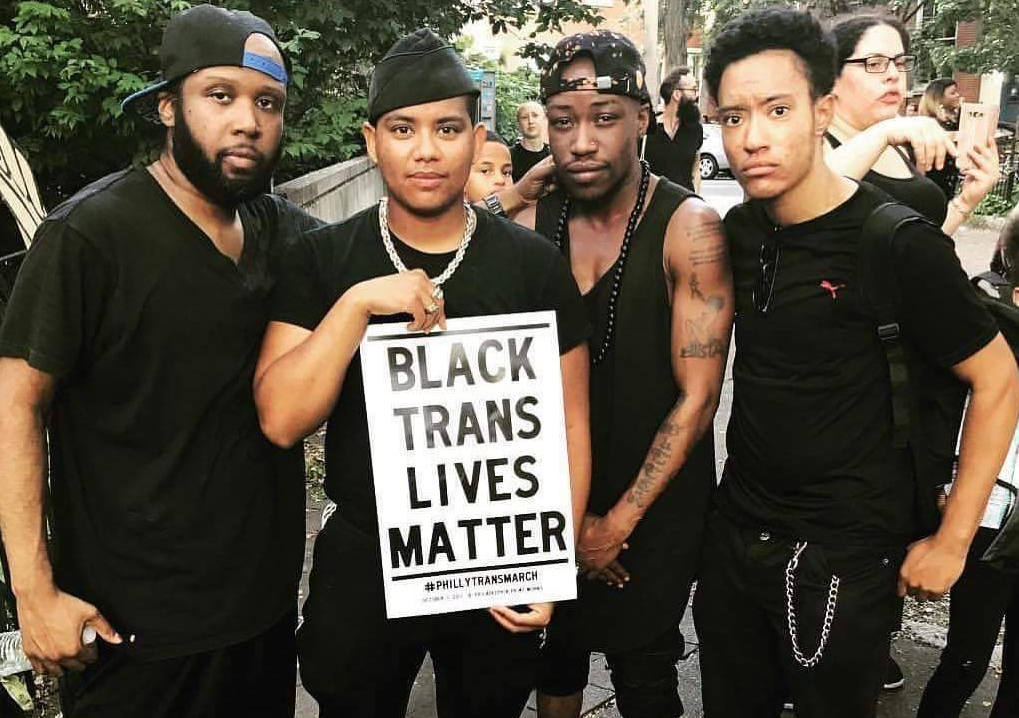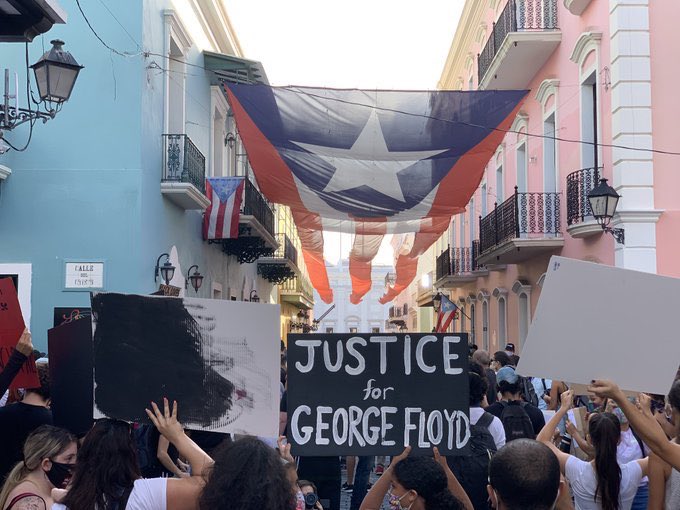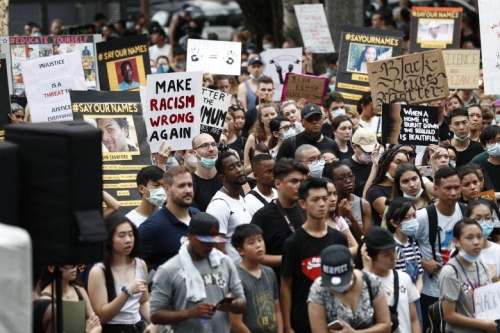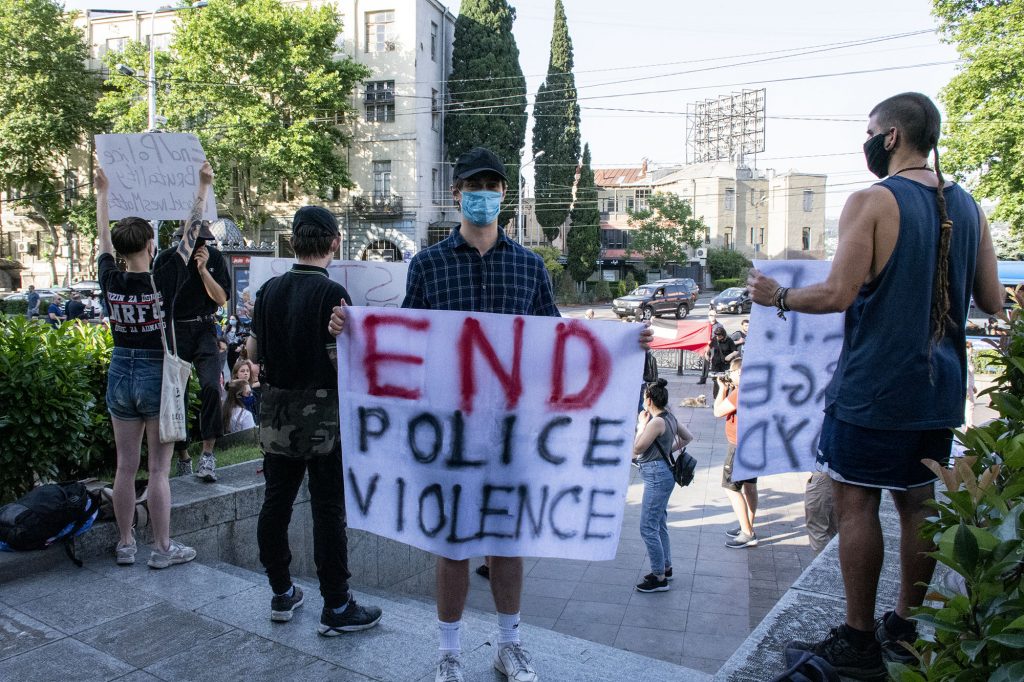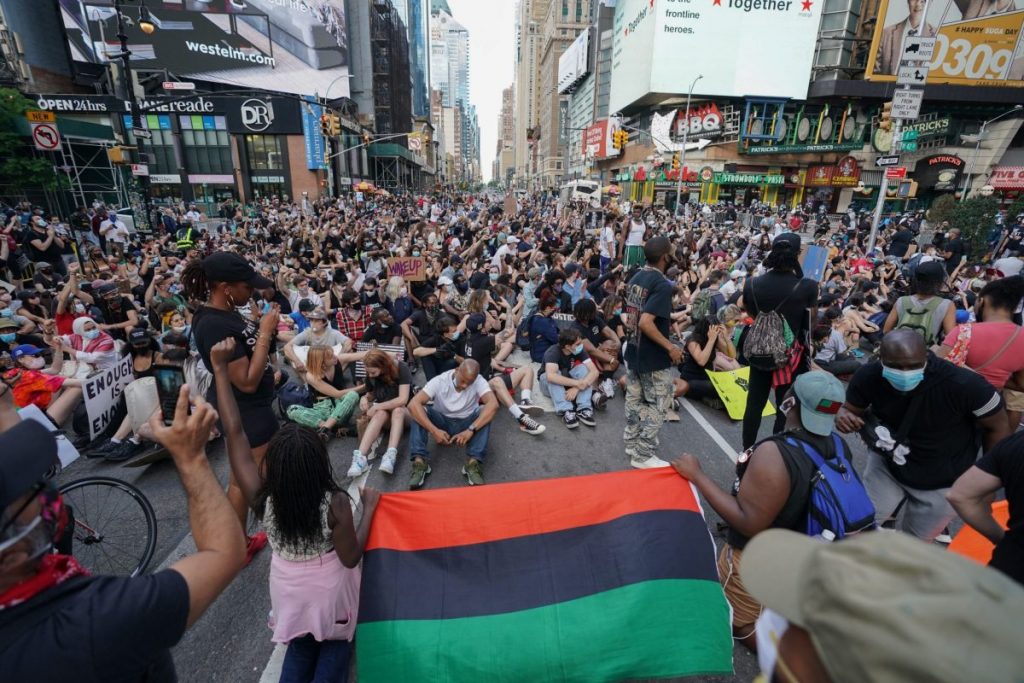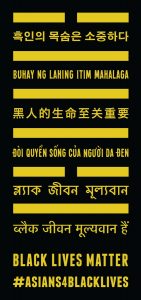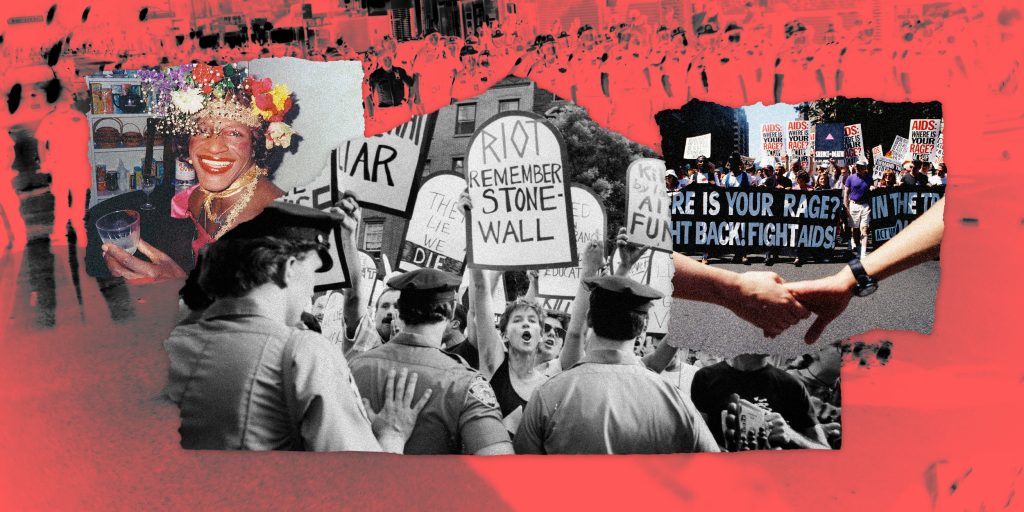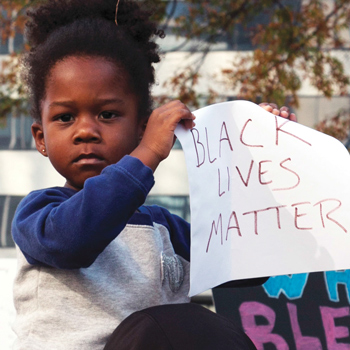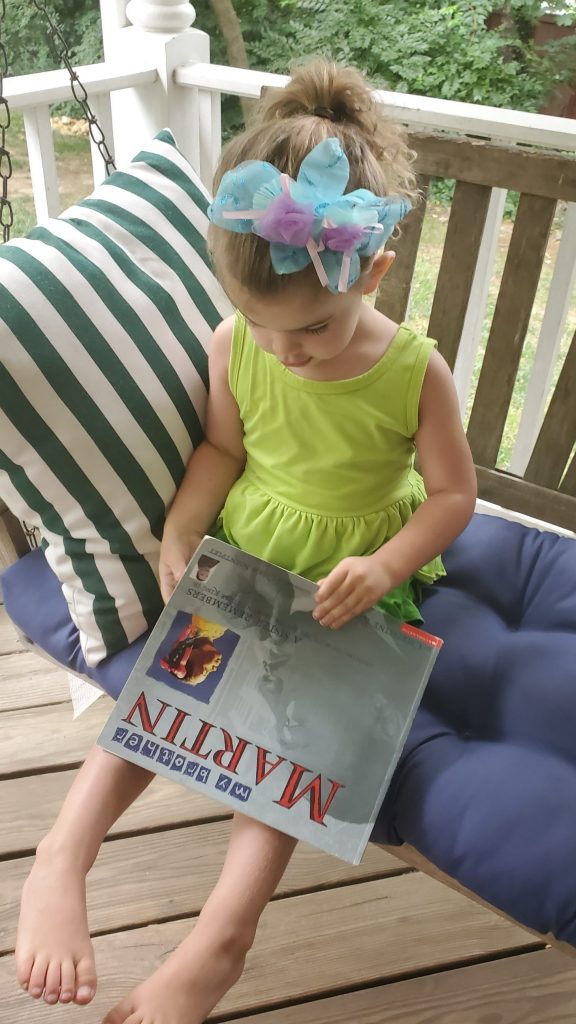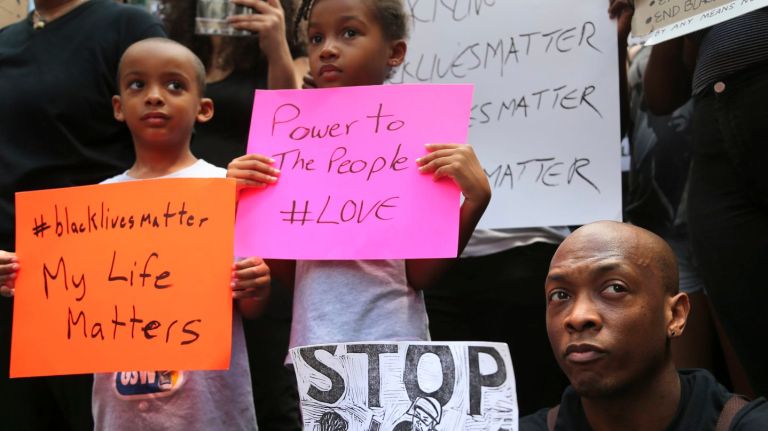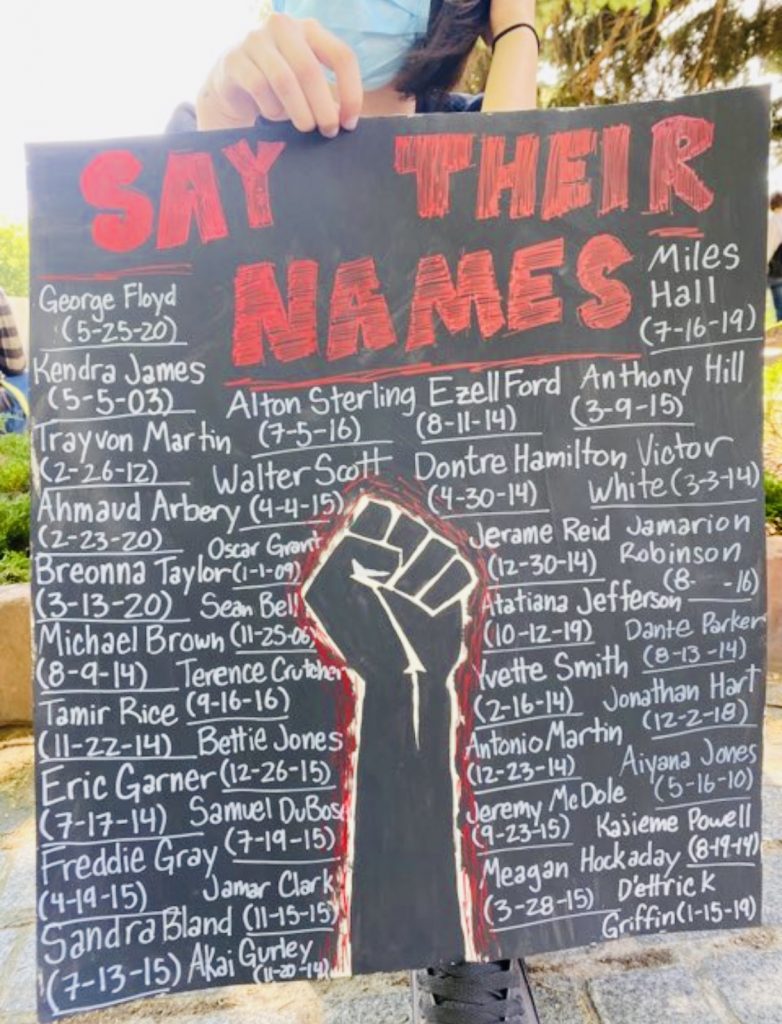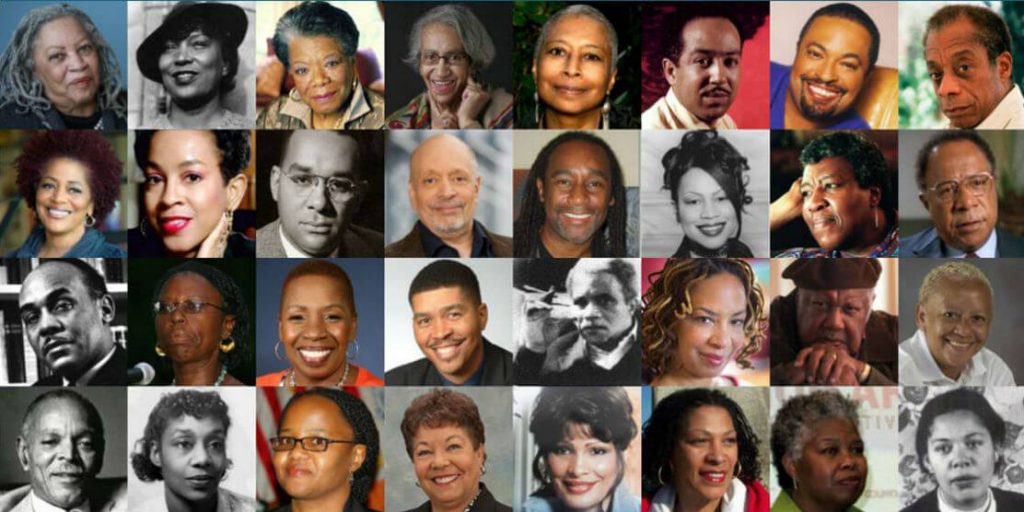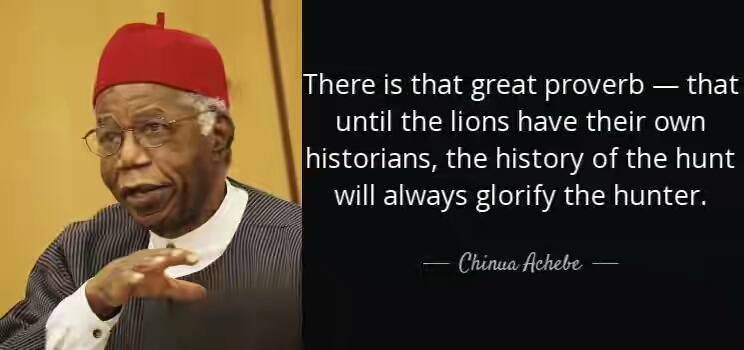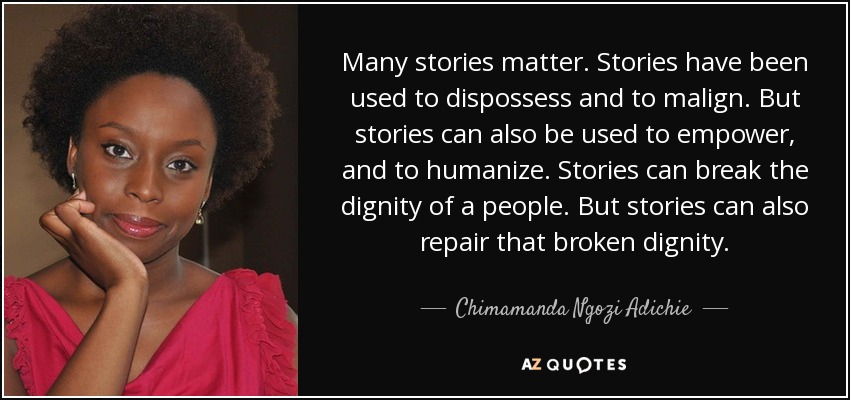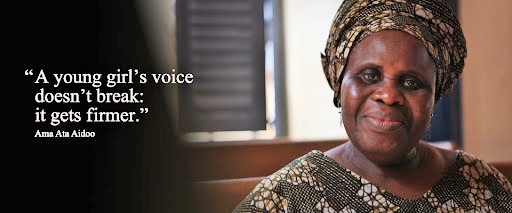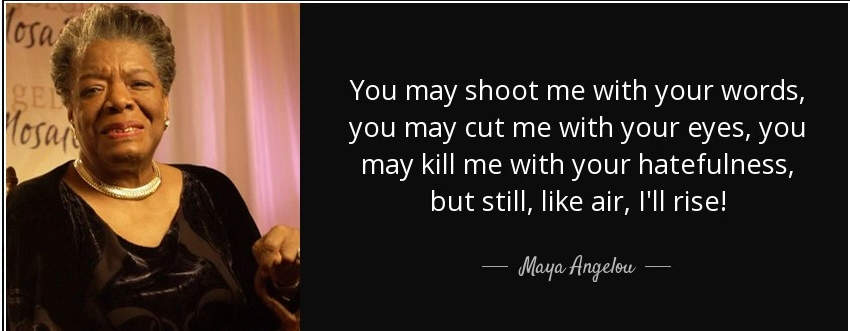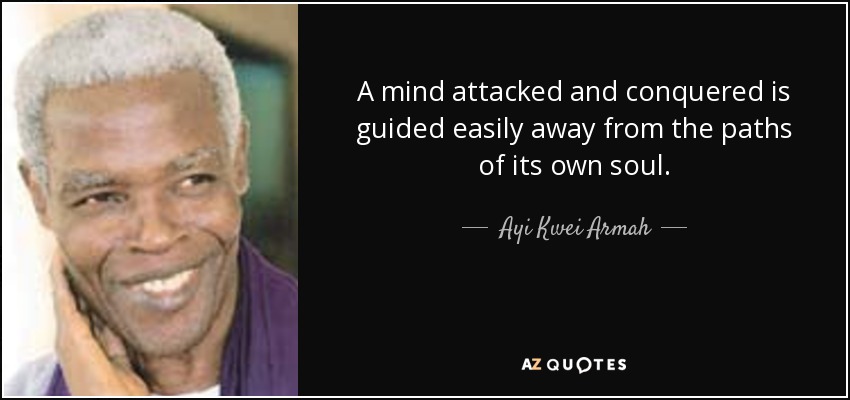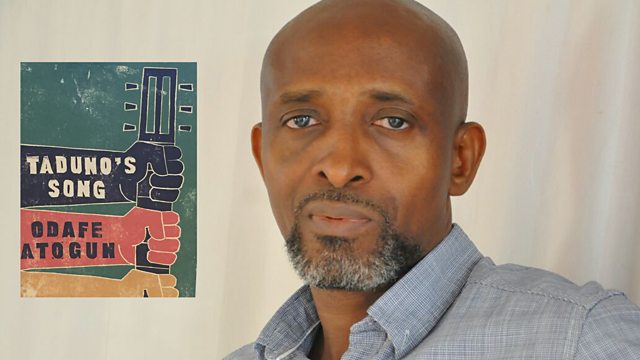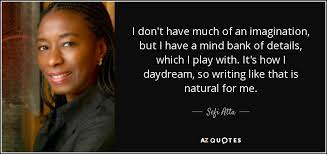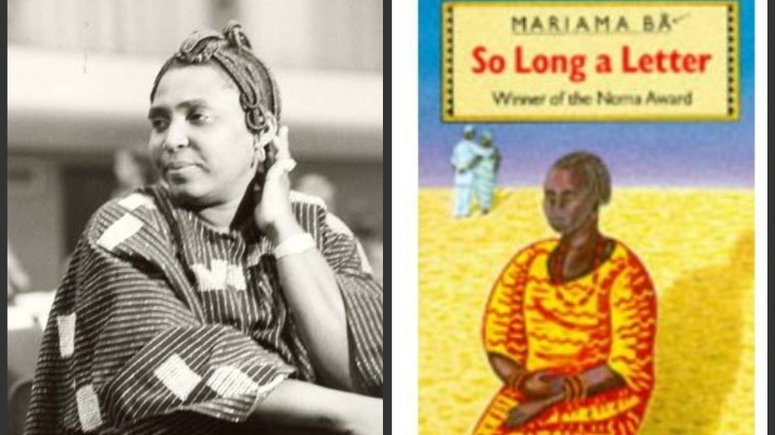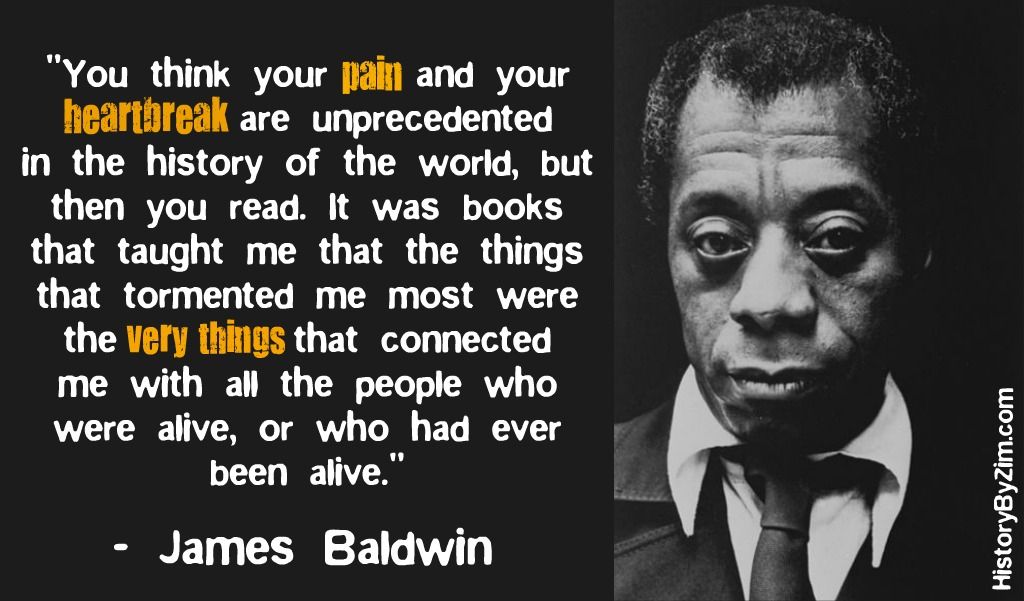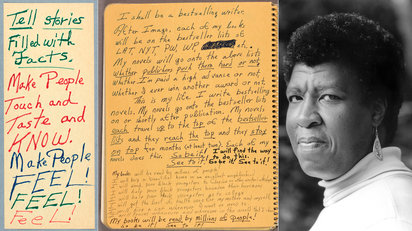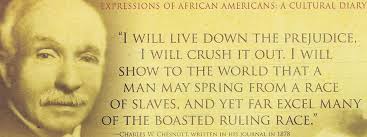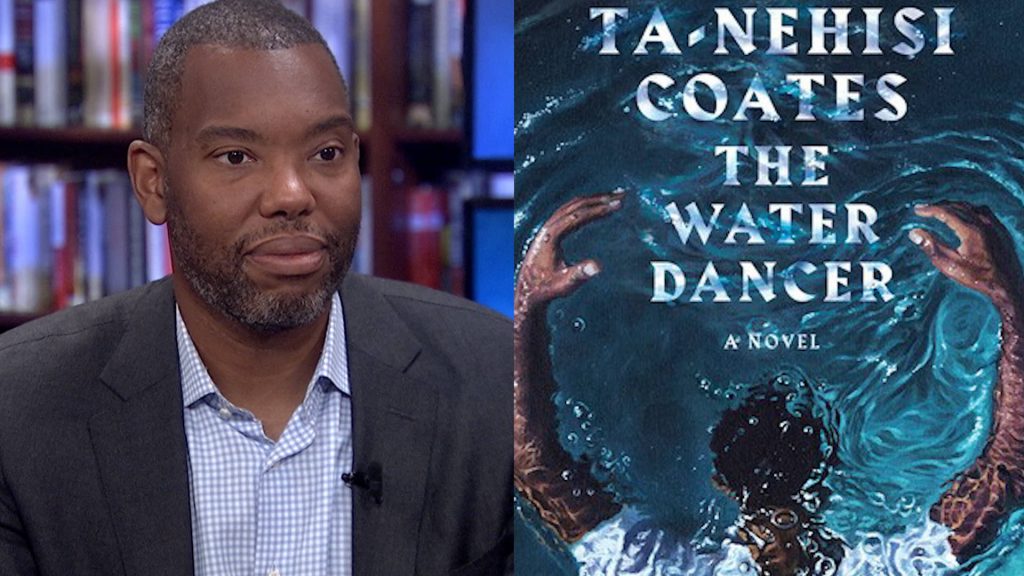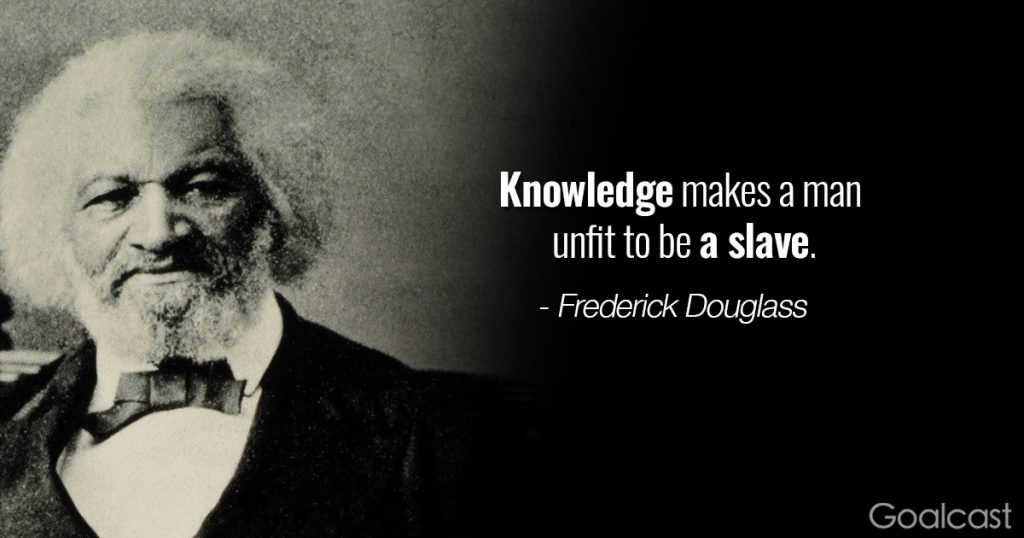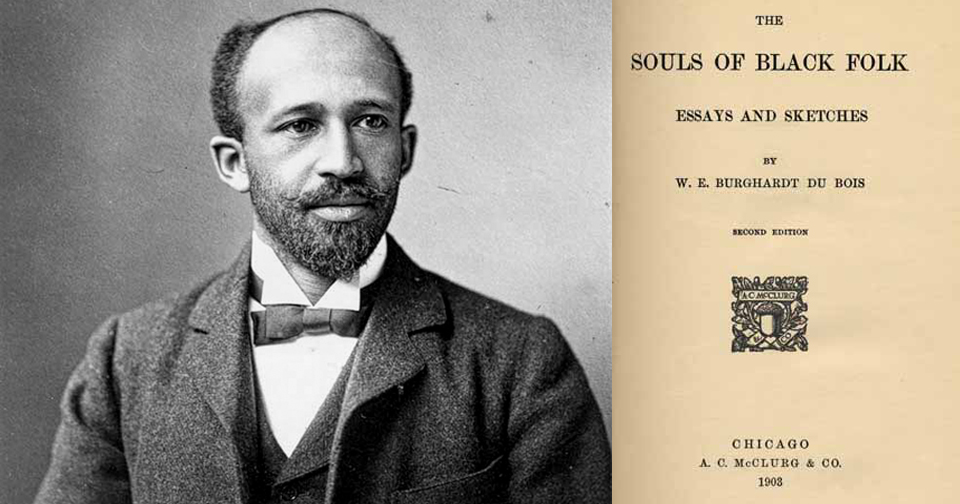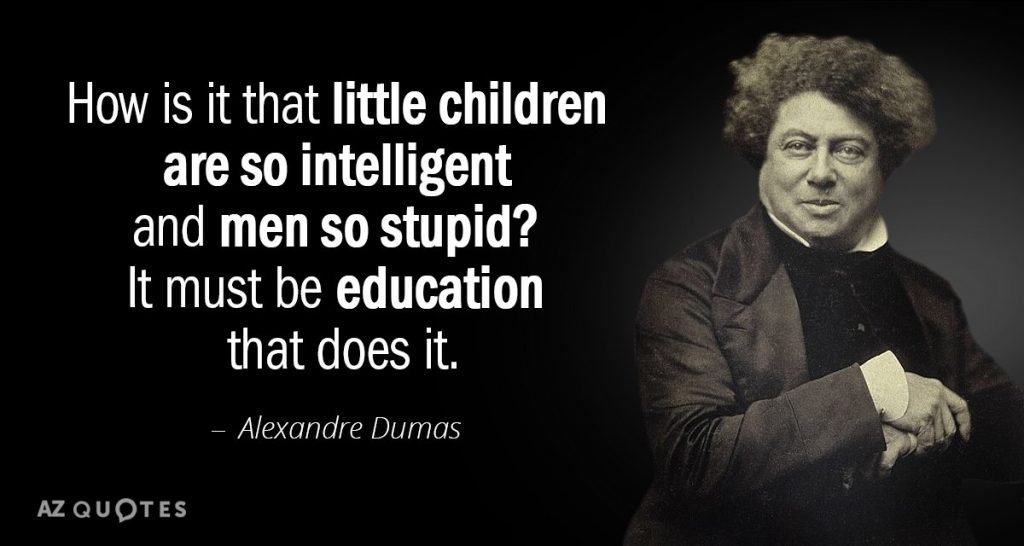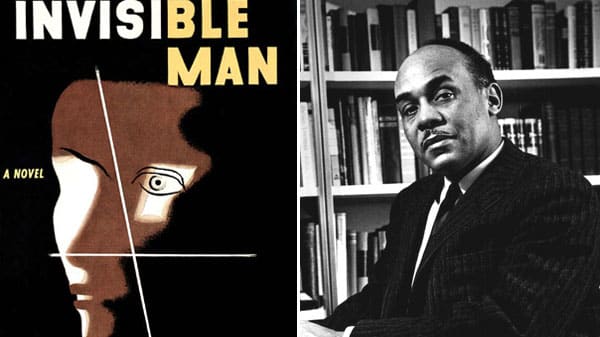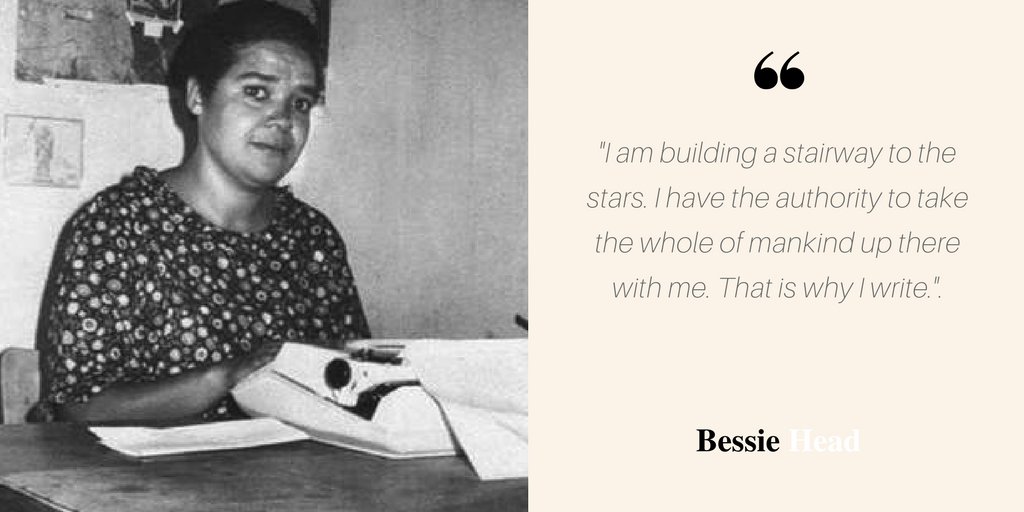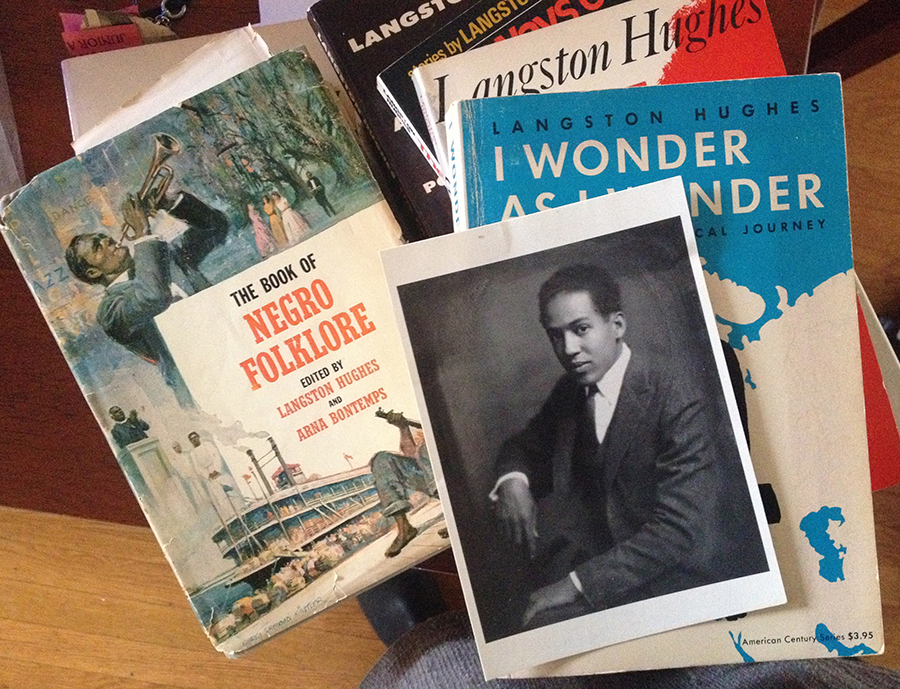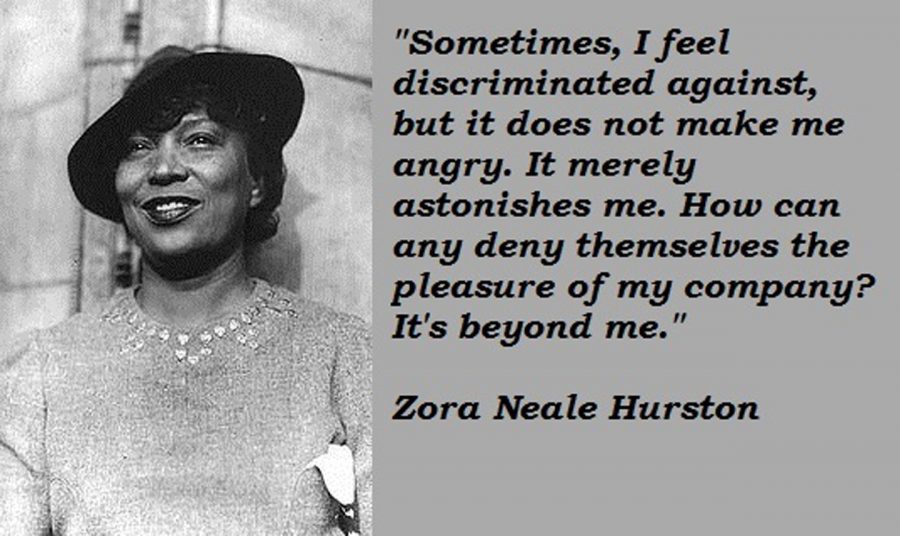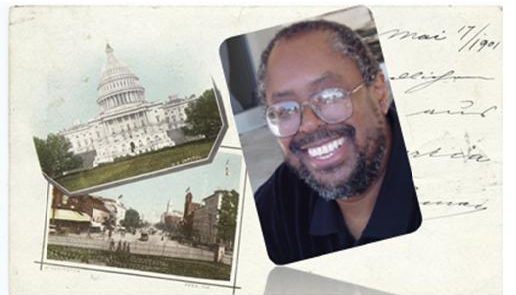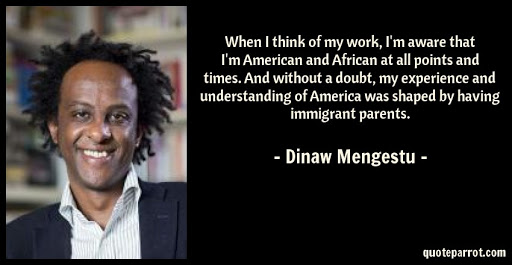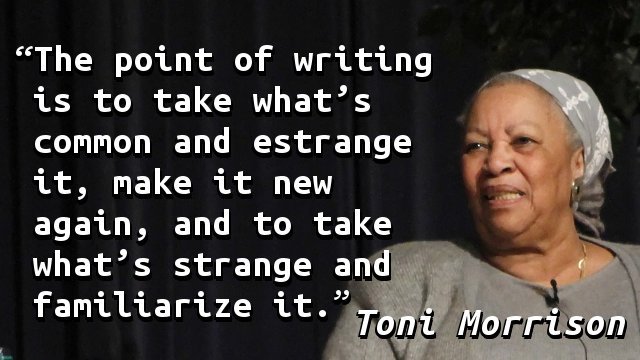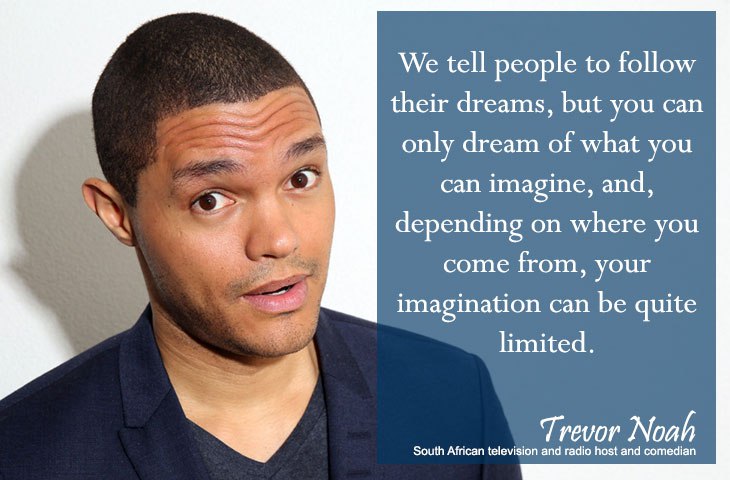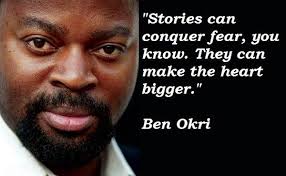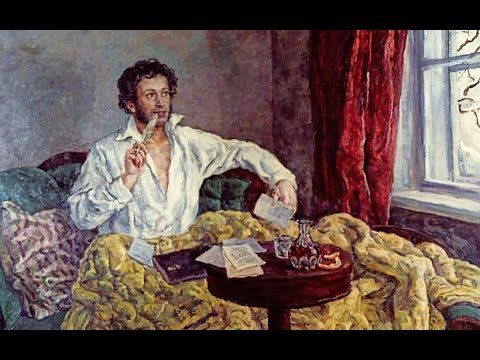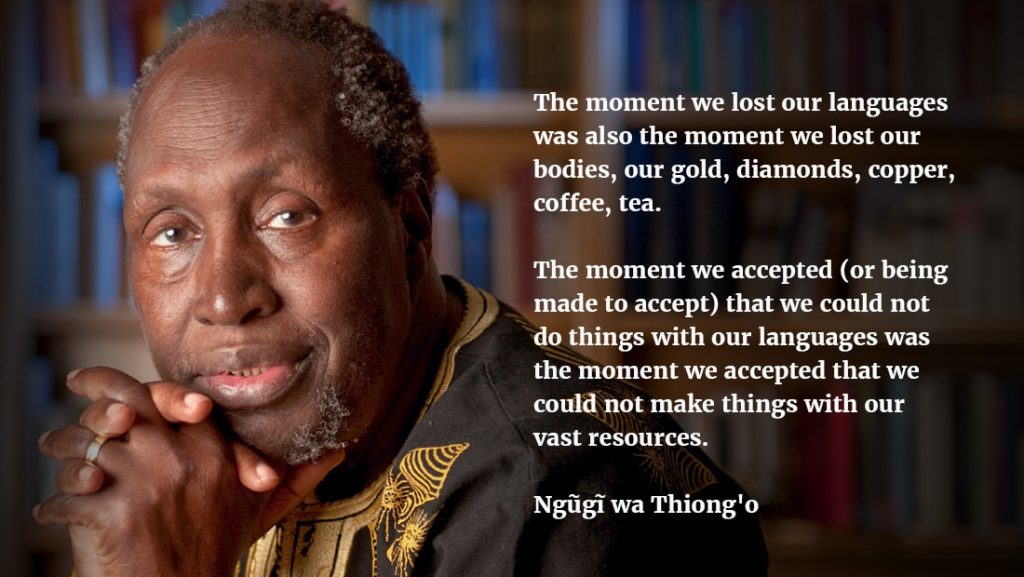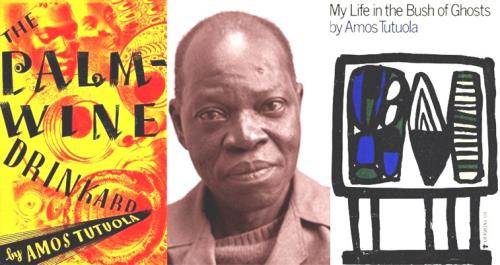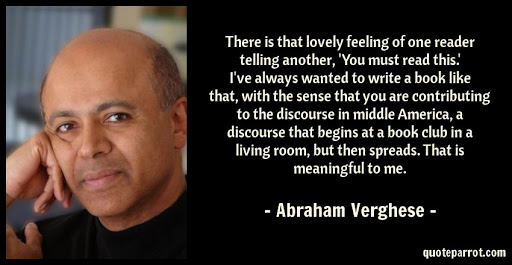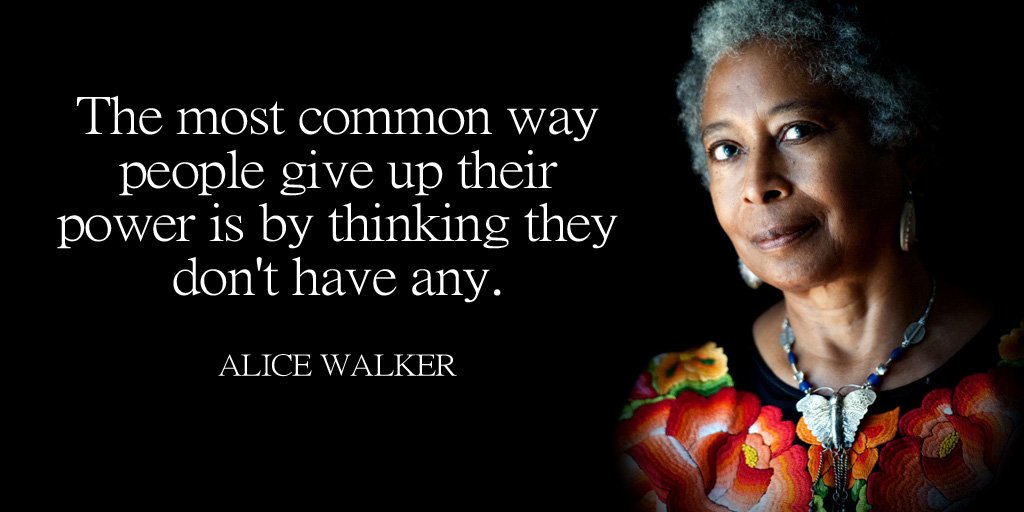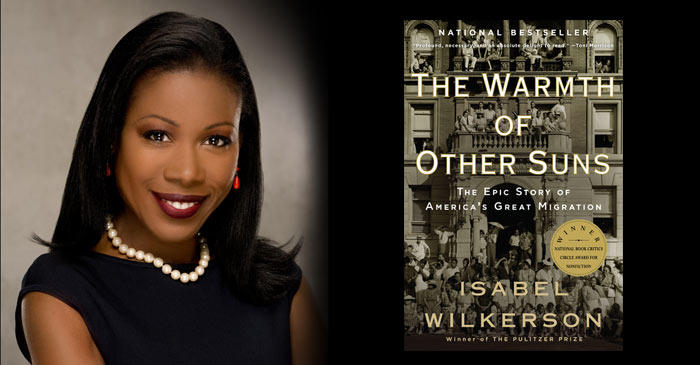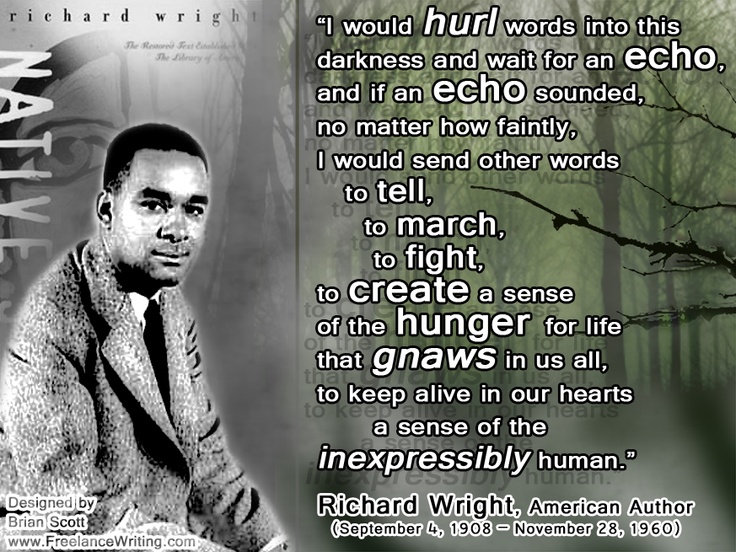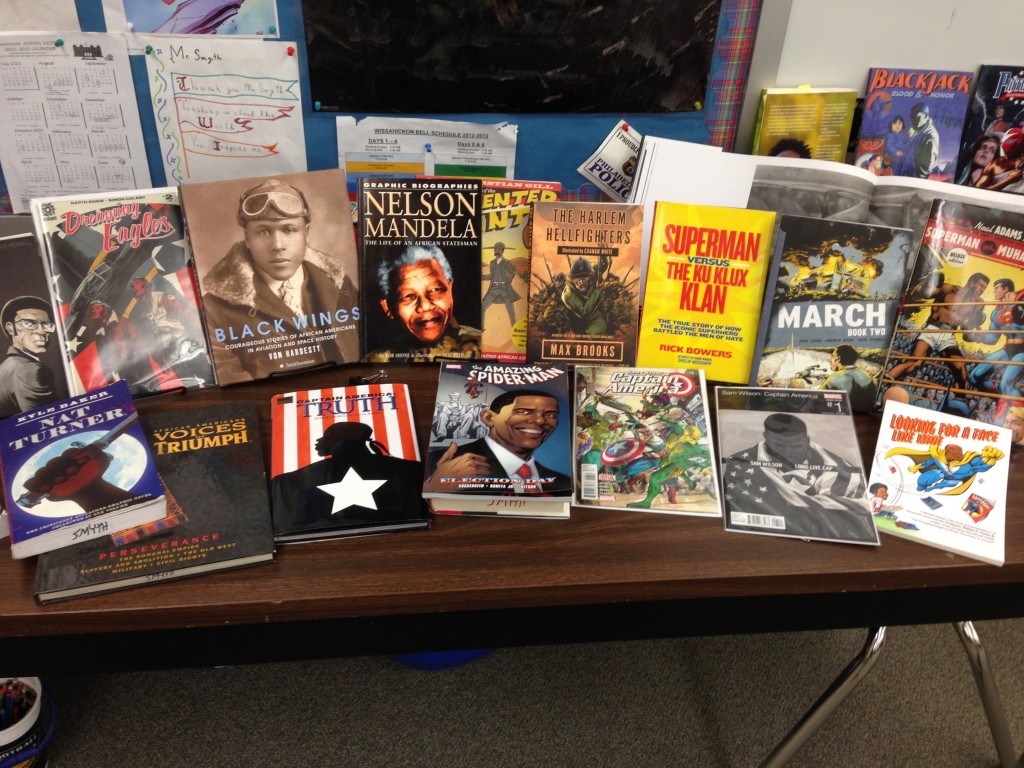According to the team of editors at nationaltoday.com, they “love celebrating 196 October holidays.” I’d guess that there are even more than that. For example, my calendar showed Monday, October 12 as Indigenous Peoples’ Day, but it didn’t show up on this website. But, basically, the point is that the things people want to celebrate—or at least observe—approaches the infinite. The purpose of this blog is to give my readers a two-day sample, for October 16-17, 2020.
Three durations: party down for a day, a week or all month. I’ve put some of my personal favorites in all CAPS. I recently posted a blog on the value of knowing your characters’ holiday behavior. Would any of your characters be celebrating these October holidays?
One Day
October 16
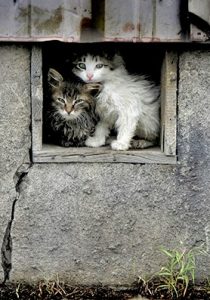
- Department Store Day
- DICTIONARY DAY
- (Noah Webster’s Birthday. There is another dictionary appreciation day on April 20th.)
- I collect dictionaries.
- Get to Know Your Customers Day
- (January 16, April 16, July 16 and October 15 = the 3rd Thursday of Each Quarter)
- Global Champagne Day (Third Friday) Link
- Global Cat Day Link
- Mammography Day (Third Friday) Link
- This is part of the activities for Breast Cancer Awareness Month.
- National Boss’s Day (or Boss’s Day) Link
- (Annually celebrated on October 16 unless it falls on a weekend; then it’s the closest workday.)
- National Feral Cat Day Link
- World Food Day Link
- World Spine Day Link
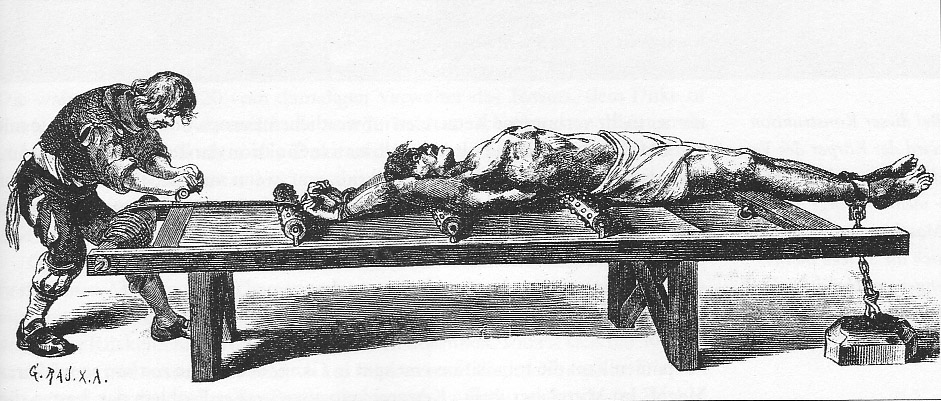
October 17
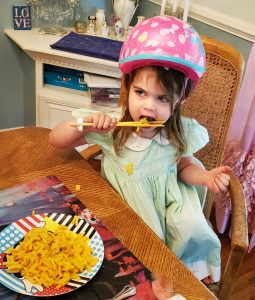
- American Frog Day Link (3rd Saturday)
- BLACK POETRY DAY
- Creative writing is always good.
- Bridge Day Link (3rd Saturday)
- Sloth International Day Link (3rd Saturday)
- Sweetest Day (3rd Saturday)
- International Day for the Eradication of Poverty
- Mulligan Day
- National Edge Day Link
- National Pasta Day Link
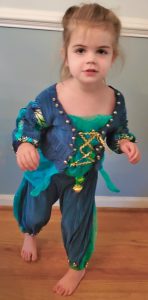
- National Playing Card Collectors Day
- National Vehophobia (fear of driving) Awareness Day Link
- O’HENRY PUN-OFF DAY Link
- Moved from May this year due to COVID-19, this is an annual linguistic acrobatics competition at the O’Henry Museum in Texas.
- US Oyster Day: 17 and 18
- WEAR SOMETHING GAUDY DAY
- Might as well decorate it!
You can check out any of these holidays on-line to learn more about the rationale and goals for the observance, along with suggestions for activities and the means to get involved locally or nationally.
Week-Long Observances That Include October 16-17, 2020
- Take Your Medicine Americans Week Link
- DRINK LOCAL WINE WEEK Link (2nd Full Week)
- Self-explanatory – we should celebrate every week!
- Earth Science Week Link (Always 2nd Full Week)
- Emergency Nurses Week Link
- National Chestnut Week (2nd Full Week)
- National Food Bank Week Link
- (Always the week with October 16th in it, World Food Day)
- Teen Read Week Link
- (Always the week with Columbus Day)
- Veterinary Technicians Week (2nd Week) Link
- World Rainforest Week Link
- (Note: World Rainforest Day is in June)
- Bone and Joint Health National Awareness Week Link
- Choose To Be G.R.E.A.T. Week Link
- Gang Resistance Education And Training
- National School Lunch Week Link (Starts on 2nd Monday)
- Apple Butter Stirrin’ Week Link (3rd Weekend)
- Great American Beer Festival Link
- Food & Drug Interactions and Awareness Week
October 2020 Monthly Holidays

- Adopt A Dog or Shelter Dog Month Link
- AIDS Awareness Month Link
- (July is also HIV Awareness Month.)
- (December is also HIV/AIDS Awareness Month.)
- American Pharmacists Month Link
- Antidepressant Death Awareness Month Link
- Attention Deficit Hyperactivity Disorder Month Link
- Apple Month Link
- National Aesthetician Month Link
- National Animal Safety and Protection Month Link Link
- National Arts & Humanities Month Link
- National Audiology/Protect Your Hearing Month Link
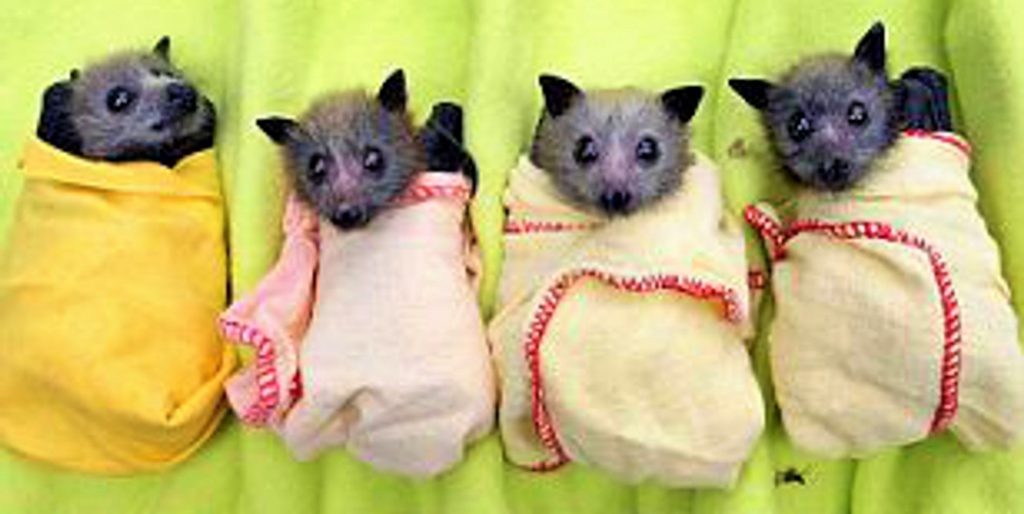
- Bat Appreciation Month Link
- BLACK SPECULATIVE FICTION MONTH Link
- Because I support striking out in new directions.
- BREAST CANCER AWARENESS MONTH
- Because I am a breast cancer survivor.
- Bullying Prevention Month Link
- (World) Blindness Awareness Month Link
- National Bake and Decorate Month Link
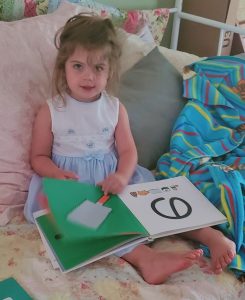
- Caffeine Addiction Recovery Month Link
- Celebrating The Bilingual Child Month Link
- CHILDREN’S MAGAZINE MONTH
- Read early, read often.
- Christmas Seal Campaign (10/1-12/31)
- CHURCH LIBRARY MONTH
- Get those books into people’s hands!
- Church Safety and Security Month
- Class Reunion Month Link
- Contact Lens Safety Month
- Co-op Awareness Month
- Corn Month Link
- Country Music Month Link

- Cut Out Dissection Month Link
- National Caramel Month Link
- National Chili Month
- National Chiropractic Health Month
- NATIONAL COOKBOOK MONTH
- I have collected hundreds of cookbooks.
- National Crime Prevention Month
- National Critical Illness Awareness Month
- National Cyber Security Awareness Month Link
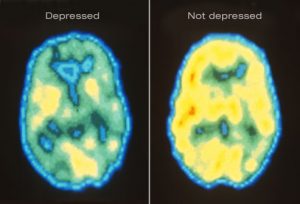
- DOMESTIC VIOLENCE AWARENESS MONTH
- I volunteered at a safe place for years.
- Down Syndrome Awareness Month Link
- Dyslexia Awareness Month National Dental Hygiene Month
- National Depression Education & Awareness Month
- National Disability Employment Awareness Month Link
- National Dwarfism Awareness Month Link

- Eat Better, Eat Together Month
- Emotional Intelligence Awareness Month
- Emotional Wellness Month
- Employee Ownership Month Link
- Energy Management is a Family Affair-Improve Your Home Month (10/1-3/31/13)
- Eye Injury Prevention Month Link
- (Note: There is also one in July.)
- National Ergonomics Month Link
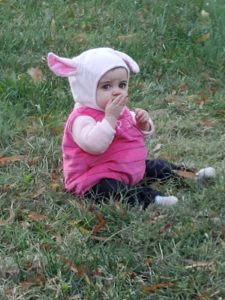
- Fair Trade Month Link
- Financial Planning Month Link
- FERAL HOG MONTH or HOG OUT MONTH Link
- Because of my farm connections.
- Month of Free Thought
- National Family Sexuality Education Month – Let’s Talk! Link
- National Field Trip Month
- German-American Heritage Month
- Global Diversity Awareness Month
- Go Hog Wild – Eat Country Ham
- GO SOBER FOR OCTOBER MONTH Link.
- Alcoholism is sprinkled through my extended family.
- National “Gain The Inside Advantage” Month
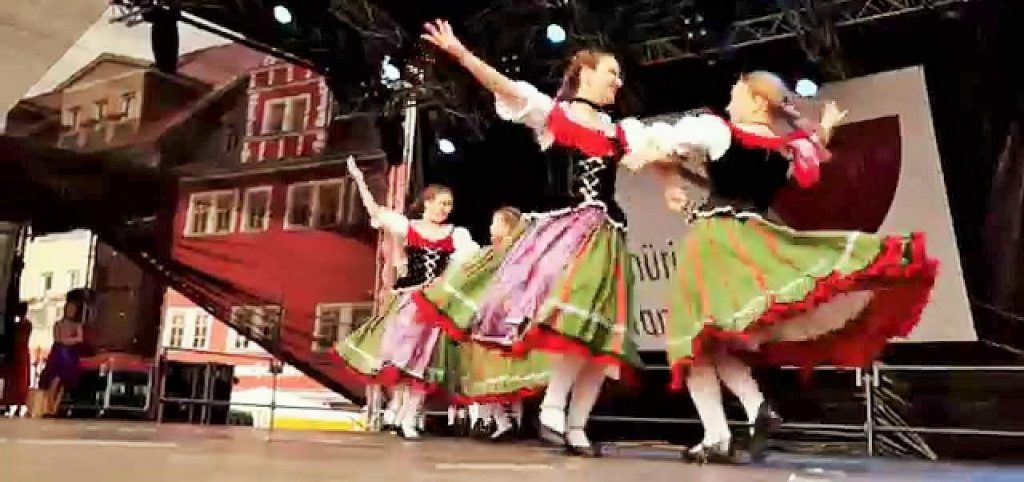
- Halloween Safety Month
- Head Start Awareness Month Link
- Health Literacy Month
- Home Eye Safety Month
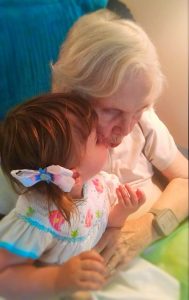
- I’m Just Me Because Month Link
- Italian-American Heritage Month Link
- International Augmentative & Alternative Communication (AAC) Awareness Month
- International Starman Month
- International Strategic Planning Month
- International Walk To School Month Link
- Intergeneration Month
- National Kitchen & Bath Month Link
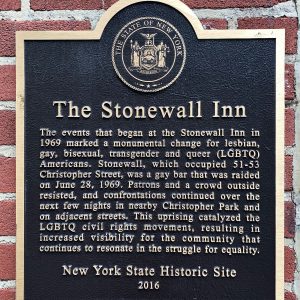
- Learn To Bowl Month Link
- LGBT History Month Link
- Long Term Care Planning Month
- National Liver Awareness Month Link
- NATIONAL MEDICAL LIBRARIANS MONTH
- One of my daughters is one.
- National Medicine Abuse Awareness Month Link
- National Orthodontic Health Month
- Organize Your Medical Information Month

- National Physical Therapy Month
- National Popcorn Poppin’ Month
- National Pork Month Link
- National Protect Your Hearing Month Link
- National Pregnancy and Infant Loss Awareness Month Link
- Photographer Appreciation Month
- Pizza Month Link Link
- Polish American Heritage Month
- Positive Attitude Month
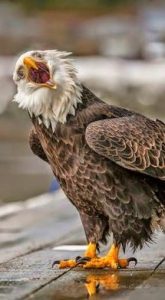
- NATIONAL READING GROUP MONTH
- See my blog about reading habits
- National Retirement Security Month Link
- National Roller Skating Month Link
- National RSV Awareness Month Link
- RAPTOR MONTH Link
- Because I’m a big avian fan.
- Raynauds Awareness Month Link
- Rett Syndrome Awareness Month Link
- Right Brainers Rule! Month
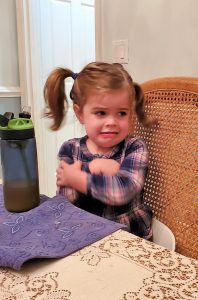
- National Sarcastic Awareness Month
- National Seafood Month Link
- National Spina Bifida Awareness Month
- National Stamp Collecting Month
- National Substance Abuse Prevention Month Link
- Sausage Month Link
- Self-Promotion Month
- Spinach Lovers Month
- SQUIRREL AWARENESS MONTH Link
- (Different Than Squirrel Appreciation Day in January)
- I have named three squirrels that come regularly to my bird feeder
- National Sudden Infant Death Syndrome (SIDS) Awareness Month
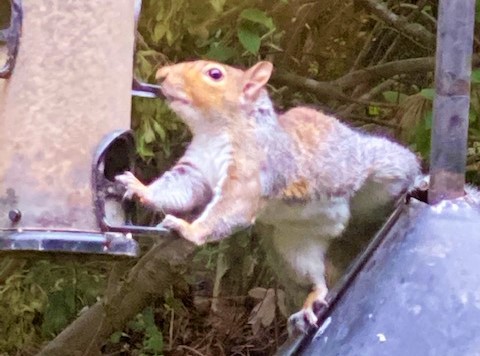
- NATIONAL TOILET TANK REPAIR MONTH Link
- Because the name makes me smile.
- Talk About Medicines Month
- Teen Services Month
- Vegetarian Month
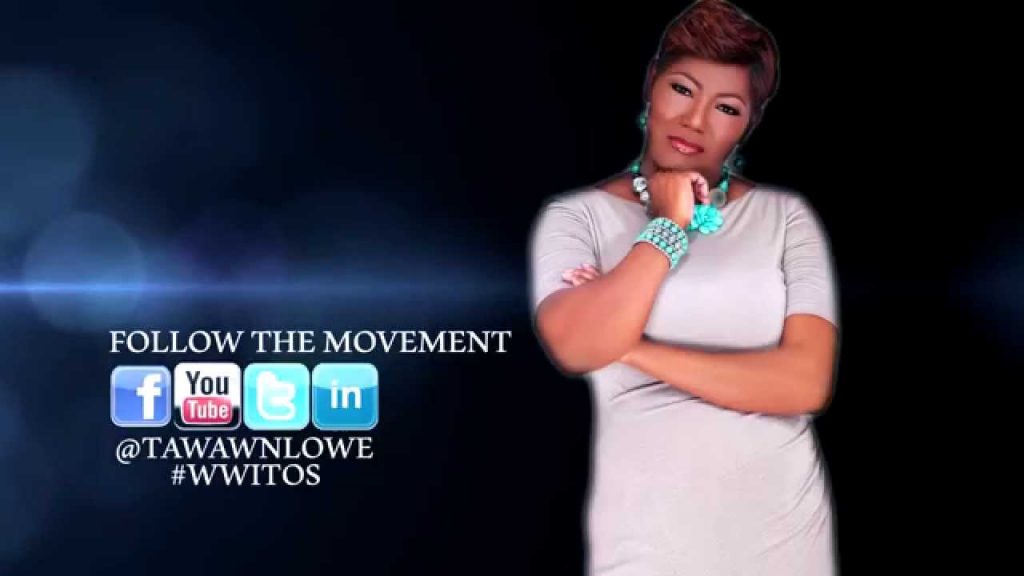
- National Window Covering Safety Month Link
- National Work and Family Month
- Wishbones for Pets Month (10/15 – 11/30)
- Women Walking In Their Own Shoes Month Link
- Workplace Politics Awareness Month
- World Menopause Month
Keep in mind that this is only one month, focusing on only two days. So, clearly, there are a ton of holidays and observances out there. But if your passion isn’t represented, what can you do about it?
Fortunately, the brownielocks.com holiday website can answer that question—and I quote:
INFORMATION ABOUT HOW HOLIDAYS & OBSERVANCES GET STARTED
and
HOW TO START ONE YOURSELF
By Brownielocks
Through the years, I’ve been asked how these holidays and observances all get started. And, I also get asked how someone can create one and also be listed on my site. Below is what I know about this topic and also what I require in order to be listed on my “Official” holidays and observances listing.
- Holidays or Observances are started by the President of the United States as a proclamation.
- Holidays or Observances are started by an act of the U.S. Congress as resolution # ___.
- Holidays and Observances can be started by individual US State legislatures and/or Governors.
- Holidays and Observances can be started as cultural traditions or due to some historical event.
- An example is St. Patrick’s Day (Irish culture) or Patriot’s Day (September 11).
- They are also started based on a religious belief. Examples are Christmas, Ramadan and Hannukah.
- Observances can also be started based on someone’s date of birth or date of death.
- This can either be based on their life or something that they invented or accomplished. An example is Tolkien Day or Morse Code Day.
- NOTE: Not every famous person’s birthday or death date is an observance!
- Observances can also be started by organizations (profit or non-profit).
- Observances are also started by commercial companies, and are usually publicized on their websites or on television.
- An example was “Potty Dance Day” that we just had in 2011 by Huggies diapers.
- Observances are also started by individuals! This is the one that most of you are interested in learning about.
Let me first of all explain the difference between, “create” and “think of.” Lots of us can think of lots of fun things to observe daily. But, that doesn’t make them “official” and valid to be listed on my website.
Any event lists in Chase’s Calendar of Events is considered validated.
If you do not want to submit to Chase’s Calendar of Events, then …. add it to the website you already have. This way, I know the origin. It’s the organization that the page is Linked with at their website. For example, many organizations have their own website. Then they also have a page on that site for the observance that they sponsor. They don’t get a new website domain for their observance when they already have one. So, if you are a dress boutique and you have a website. But, you want to start an observance such as “Wear A Mini Skirt Day.” Just add that page to your current website and send me the Link along with the date etc. and I’ll add it.
BOTTOM LINE: Having your character treasure one of the less popular observances, outside the top 10, can add richness, scenes, settings, and twists entertaining for the reader. And what if your character is motivated to create a special observance—why?
